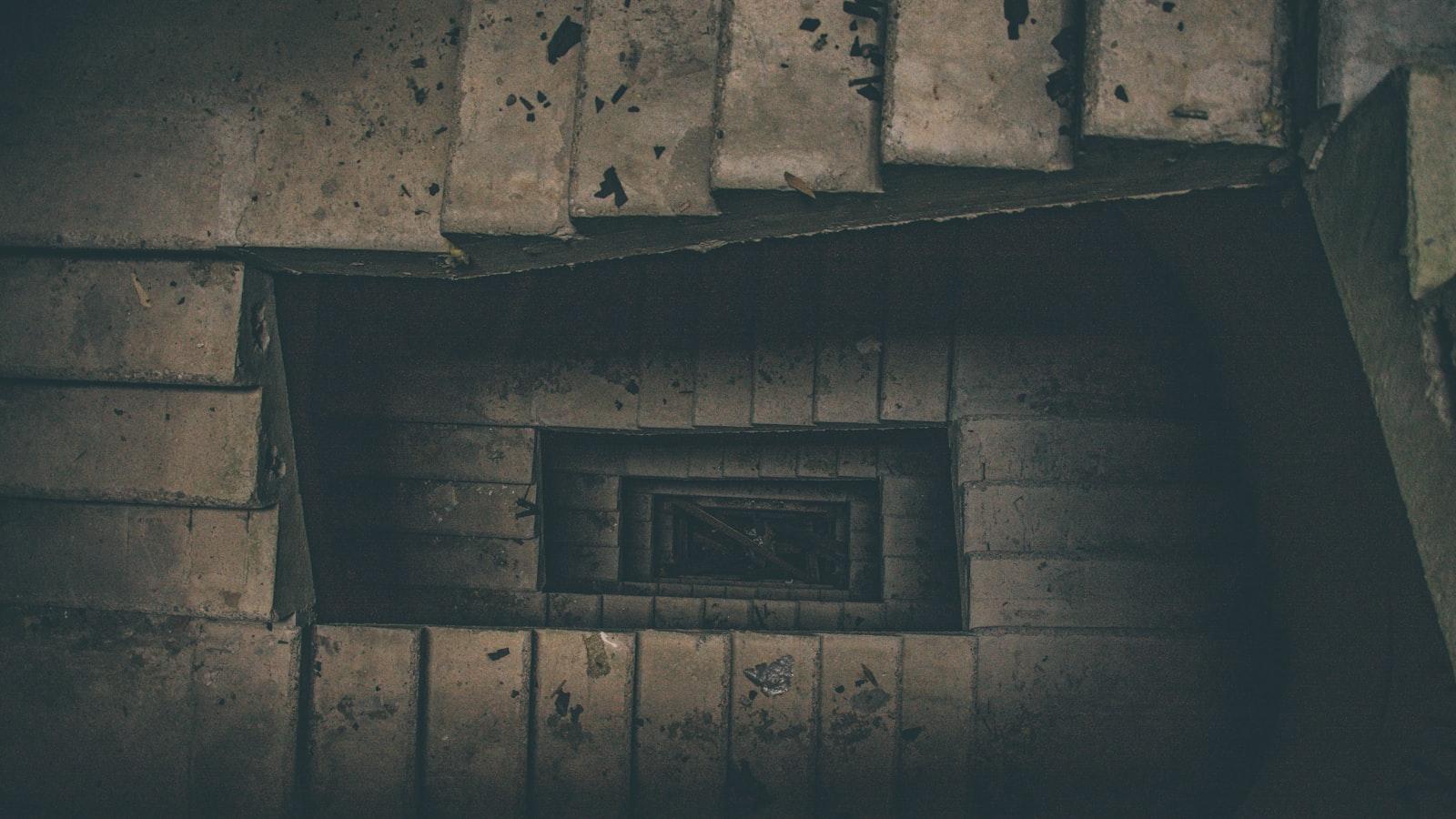Russians Love YouTube. That’s a Problem for the Kremlin
YouTube has revolutionized the way people consume media worldwide, and Russians have enthusiastically embraced the platform as well. With its vast library of videos covering topics ranging from entertainment to politics to educational content, YouTube has become an integral part of the lives of millions of Russians. However, this widespread love for YouTube has become a significant concern for the Kremlin, as the platform provides an avenue for alternative sources of information and challenges the government’s control over media narratives.
Russia has a long history of state-controlled media, providing a carefully curated perspective to the masses. Television channels and newspapers, controlled by the Kremlin, have always played a crucial role in shaping public opinion. However, with the advent of YouTube, the monopoly over information has been significantly undermined. The platform allows individuals and independent media outlets to create and share content without government interference or censorship.
One of the reasons YouTube has become so popular in Russia is the growing distrust of traditional media outlets. Russians, especially the younger generation, have become increasingly skeptical of the state-controlled narrative and seek alternative viewpoints. YouTube provides an open space for creators, bloggers, and journalists to present different perspectives, uncover corruption cases, and discuss topics that state media shy away from.
Several prominent YouTubers have emerged as key influencers, gaining millions of subscribers and challenging the Kremlin’s narrative on various issues. These influencers have the power to shape public opinion and mobilize people on certain topics – a phenomenon the government finds hard to control. As YouTube allows for organic growth and a direct connection between creators and viewers, the voices that were once suppressed are finding an audience and influencing public discourse.
To address the challenge posed by YouTube, the Kremlin has attempted to wield its influence within the platform. In recent years, the Russian government has implemented various measures to increase regulation and control over online spaces. They have introduced laws requiring popular bloggers to register as media outlets, thereby subjecting them to censorship and regulations. Furthermore, the government has increased pressure on video-sharing platforms to remove content that they deem inappropriate or false, further restricting the flow of independent information.
However, these efforts by the Kremlin have faced severe backlash, both domestically and internationally. State attempts to control YouTube have been seen as an assault on freedom of speech and a blatant attempt to suppress alternative voices. Russian citizens, along with international human rights organizations, have criticized these actions as undemocratic and infringing upon the right to access unbiased information.
The struggle for control over YouTube and the broader online landscape reflects a larger battle between authoritarianism and individual freedoms. The Russian government fears the potential power of YouTube to mobilize the masses, undermining state control of information and narratives. However, the love Russians have for the platform demonstrates a desire for alternative perspectives and independent voices.
In this digital age, controlling the flow of information is becoming increasingly difficult for governments worldwide. YouTube serves as a democratizing force, enabling individuals to express themselves freely and access a wide range of content. The platform has empowered Russians with alternative sources of information, providing a counterbalance to the Kremlin’s narrative.
In response to the rising popularity of YouTube, the Kremlin has to choose either to adapt to the changing media landscape or further tighten its grip on information. However, suppressing independent voices and restricting free access to information will only fuel dissent and undermine the government’s credibility. To truly address the concerns raised by YouTube, the Russian government needs to engage in an open dialogue with its citizens and foster a more inclusive media environment that allows for diverse opinions while maintaining social cohesion.

